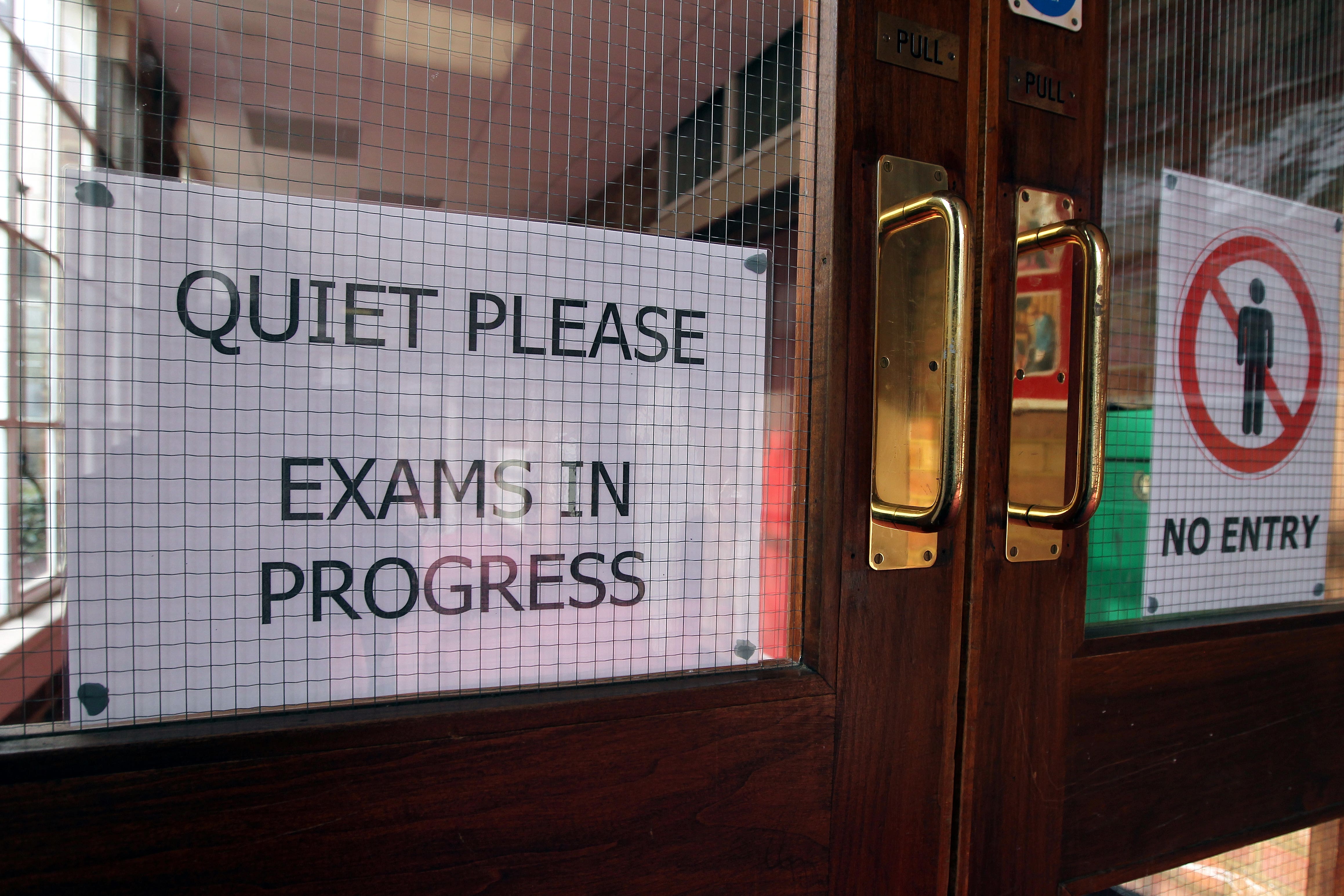Hundreds of thousands of pupils across England, Wales, and Northern Ireland are poised to discover their A-level and GCSE results.
A-level and AS-level results will be released on 14 August.
On the same day, pupils in England who have undertaken T-levels – qualifications designed to provide high-quality technical alternatives to A-levels – will also receive their outcomes.
Thousands of pupils will also be receiving results for various vocational technical qualifications (VTQs) throughout the month of August.
Results for Level 3 VTQs, such as BTecs, which are often taken alongside or instead of A-levels, are scheduled for release on or before 14 August.
Many Level 2 VTQs are expected to have their results published on or before 21 August.
Education Secretary Bridget Phillipson said that she expects a “pretty straightforward year” for students as things have “returned to normal” since the Covid-19 pandemic.
In 2024, 27.8 per cent of UK A-level entries were awarded an A or A* grade, up from 27.2 per cent in 2023.
It was the highest proportion of entries scoring top grades outside the pandemic-affected years of 2020-22.
In 2019 – the last year that summer exams were taken before the pandemic – 25.4 per cent of entries were awarded A or A* grades.
The pandemic led to an increase in top A-level and GCSE grades in 2020 and 2021, with results based on teacher assessments instead of exams.
How does the situation differ in Northern Ireland, Wales and Scotland?
In 2023, GCSEs and A-levels returned to pre-pandemic grading arrangements in England.
In Wales and Northern Ireland, exam regulators returned to pre-pandemic grading last summer.
Scotland has a different qualification system and students received their results on Tuesday last week.

Figures released by the Scottish Qualifications Authority (SQA) showed that 78.4 per cent of those sitting National 5 exams passed with grades A to C – up from 77.2 per cent in 2024.
For Highers, 75.9 per cent passed with the top bands, up from 74.9 per cent in 2024, and for Advanced Highers 76.7 per cent of students achieved A to C grades, up from 75.3 per cent in 2024.
Will it be tougher to get university places?
A record number of 18-year-olds are likely to be successful in securing their first choice of university this A-level results day even if they narrowly miss their grades, the head of Ucas has suggested.
Jo Saxton, chief executive of the university admissions service, it was a “good year to be a UK-domiciled 18-year-old” that wants to go to university.
She has suggested that British universities are keen to recruit UK school and college leavers because there is more “uncertainty” around the international market and which overseas students are going to turn up.
Dr Saxton added that domestic undergraduates offered universities “stability” for their “financial planning”.
Nearly 22,700 courses with vacancies for undergraduate students living in England were available on the Ucas clearing site as of Wednesday last week – eight days before results day, an analysis showed.
A sample of 129 of the UK’s largest higher education providers showed 17 of the 24 elite Russell Group universities had more than 3,600 courses with vacancies for English residents on clearing.

What can students do if they do not get their first-choice university?
Clearing is available to students who do not meet the conditions of their offer on A-level results day, as well as those who did not receive any offers.
Students who have changed their mind about what or where they wish to study, and also those who have applied outside the normal application window, can also use the clearing process through Ucas.
Applicants will be able to add a clearing choice from 1pm on results day.
In England, if a student is unhappy with their grade they can ask their school or college to request that the exam board review the marking.
If there are still concerns, the student can ask their school or college to appeal against the result.
Were pupils given extra support in exams due to Covid-19?
Exam aids have been given to GCSE pupils in England in mathematics, physics and combined science since 2022 to limit the impact of Covid-19 on learning.
In October 2024, the Education Secretary asked England’s exams regulator Ofqual to continue providing formulae and equation sheets to GCSE pupils in these subjects in 2025, 2026 and 2027.
Most pupils who took their GCSE exams this summer were in Year 6 when schools closed after the national lockdown in 2020.
The ten technical colleges that will train 40,000 construction workers
Students will want universities to ‘understand context’ over grades – Ucas chief
Phillipson vows to tackle ‘thorny’ challenge facing white working-class pupils
Weather warnings as summer’s fourth heatwave brings thunderstorms and showers
Veterans return to Scotland for ‘magical’ visit to Edinburgh Tattoo







